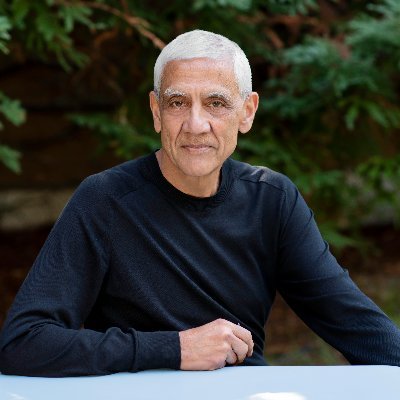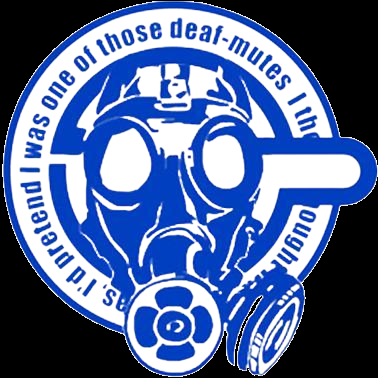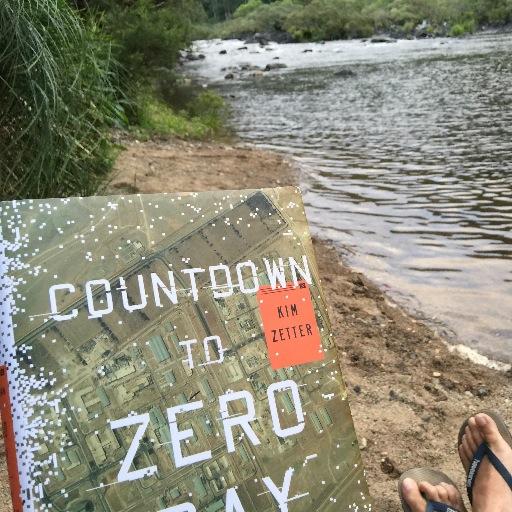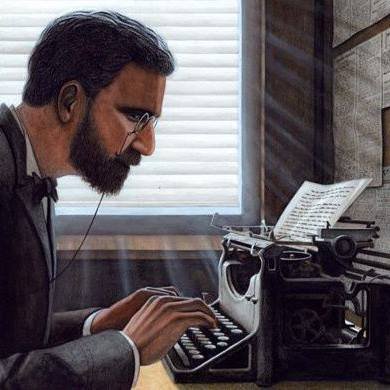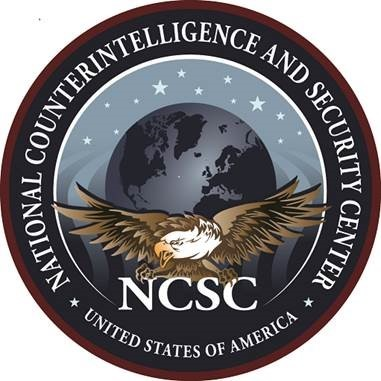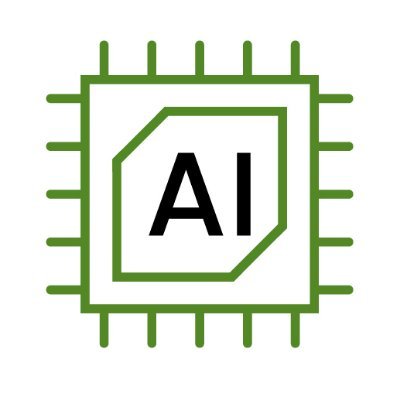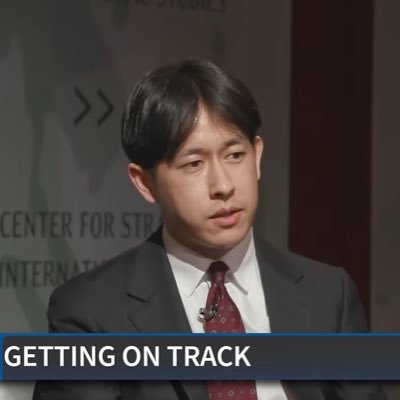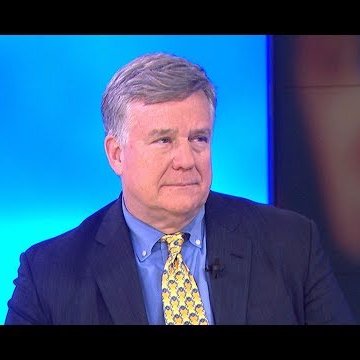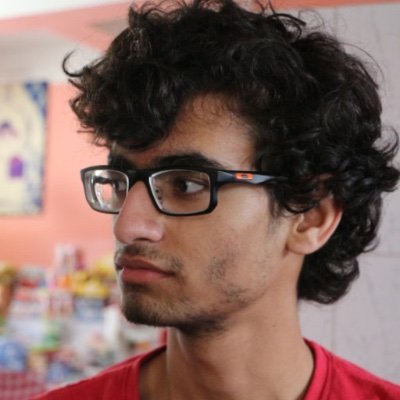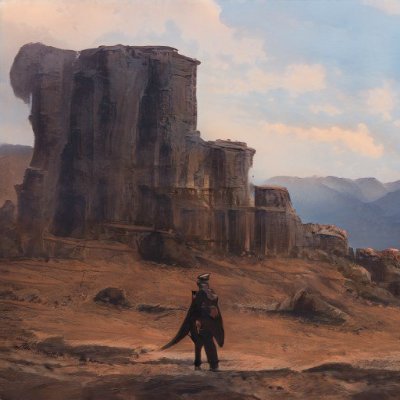
chrisrohlf
@chrisrohlf🇺🇸 Waging algorithmic warfare since 2003. Software & Security Engineer. Non-Resident Research Fellow @CSETGeorgetown CyberAI
Similar User

@jduck

@lcamtuf

@dinodaizovi

@dguido

@daveaitel

@RolfRolles

@hdmoore

@jvanegue

@mdowd

@stephenfewer

@Ivanlef0u

@richinseattle

@41414141

@crypt0ad

@berendjanwever
The vast majority of people expressing concern over AI + cyber have no experience or background in cyber security. If you’re in this camp I’ve got some sobering news for you, sophisticated and low skill attackers alike are already compromising “critical infrastructure” and thats…
Geoffrey Hinton is right. So-called open sourcing of the biggest models is completely crazy. As AI models become more capable they should become increasingly useful in bioweapons production and for use in large-scale cyber attacks that could cripple critical infrastructure.…
Secure products not security products. Security built in not bolted on. Intuitively and, now, measurably correct - at least according to this research. workspace.google.com/blog/identity-…

In reviewing recent Salt Typhoon compromise of telecom infrastructure I urge the DHS Cyber Safety Review Board to take the need for end-to-end encryption into account in their final recommendations to the Secretary of Homeland Security and the President. Particularly given that…
In reviewing recent Salt Typhoon compromise of telecom infrastructure I urge the @DHSgov Cyber Safety Review Board to take the need for end-to-end encryption into account in their final recommendations to the Secretary of Homeland Security and @POTUS Particularly given that the…
Fascinating thread on the limits of quantization as the number of pretraining tokens increases. To say their conclusion is relevant to how far we can push AI scalability, and thus capabilities, particularly given hardware scarcity and limitations, is an understatement.
This is the most important paper in a long time . It shows with strong evidence we are reaching the limits of quantization. The paper says this: the more tokens you train on, the more precision you need. This has broad implications for the entire field and the future of GPUs🧵

[1/7] New paper alert! Heard about the BitNet hype or that Llama-3 is harder to quantize? Our new work studies both! We formulate scaling laws for precision, across both pre and post-training arxiv.org/pdf/2411.04330. TLDR; - Models become harder to post-train quantize as they…
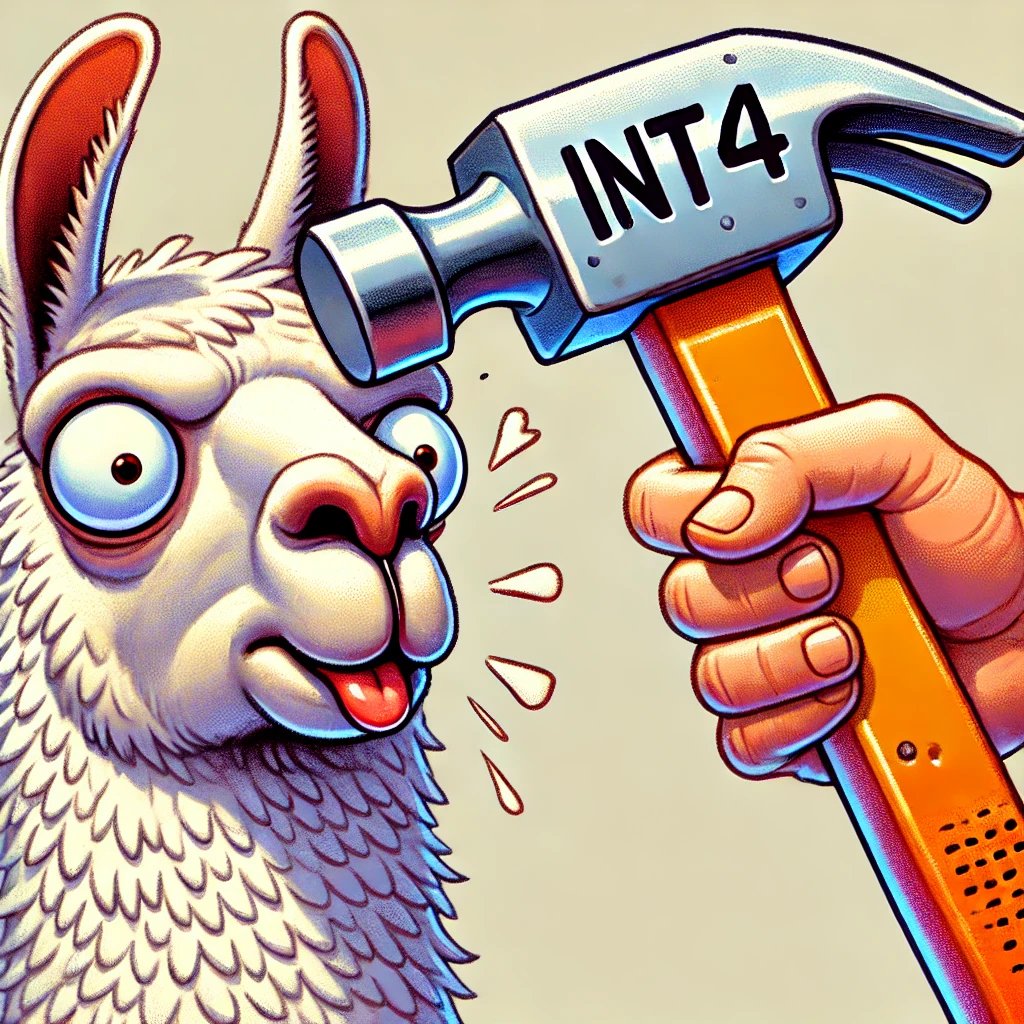
A pause on large scale AI development is the same as asking for a pause in national security, and a pause on progress towards solving the challenges of the 21st century. Should we do it safely and question the risks with each new step? Of course.
Winning in AI is indeed a national security issue. But the real national security risk is the hubris and naivety in assuming the adversary isn’t capable of creating their own, or stealing your lead while ignoring the economic national security benefits of the west influencing and…
And @pmarca would you open source the manhattan project? This one is more serious for national security. We are in a tech economic war with China and AI that is a must win. This is exactly what patriotism is about, not slogans.
I’ll just keep saying it until you’ve all muted me, open source and widely available AI models is a national security strength. The market demands it as it enables economic growth and can spread and amplify western values. None of this will be possible when an adversary is the…
It’s time to give little tech a seat at the table. @martin_casado and I write in @WSJ: “Although the public-facing argument for AI regulation is to promote safety, we believe the true purpose is to suppress open-source innovation and deter competitive startups. The more onerous…


Open source and widely available AI models trained in the US are a national security strength, not a weakness.
Last week, I spoke about AI and regulations at an event at the U.S. Capitol attended by legislative and business leaders. I’m encouraged by the progress the open source community has made fending off regulations that would have stifled innovation. But opponents of open source are…
The critics of making AI available to and adaptable by all dwell on the dangers and underestimate the benefits econ.st/3YXX0c8 👇
If you're worried about China and AI, open source isn't the problem--it's a critical part of the solution
New from @deanwball and I - "The United States Must Win The Global Open Source AI Race." We argue that critics of open source AI often fail to recognize the key role these models will play in securing U.S. security interests in the long term. Article: justsecurity.org/104676/america…
Critics of open source #AI must consider the security implications of strategic competition with #China, write @KeeganMcB (@oiioxford) & @deanwball (@mercatus). Read more: justsecurity.org/104676/america…
New from @deanwball and I - "The United States Must Win The Global Open Source AI Race." We argue that critics of open source AI often fail to recognize the key role these models will play in securing U.S. security interests in the long term. Article: justsecurity.org/104676/america…
Critics of open source #AI must consider the security implications of strategic competition with #China, write @KeeganMcB (@oiioxford) & @deanwball (@mercatus). Read more: justsecurity.org/104676/america…
The next century will be an American century. It is ours to lose 🇺🇸
AMERICA America led the 20th Century because we are preeminent in three dimensions: (1) Technology – America drove the Second Industrial Revolution through the 1930’s, and then the Computer Revolution since the 1940’s. (2) Economy – America’s free market system created…
Looking to disassociate today? Check out my interview with @EugeniaLostri on matters of deterrence and PRC hacks into US critical infrastructure
On today's Lawfare Daily, @EugeniaLostri talked to @DakotaInDC about his article on U.S. attempts to deter Chinese hacking group Volt Typhoon, Volt Typhoon's intrusions against critical infrastructure, whether other hacking groups can be deterred & more. lawfaremedia.org/article/lawfar…
In a world where national security is inextricably linked with economic output, innovation & job growth, widespread adoption of US open source AI models is good for both security & the economy. Other nations - inc China - understand this and are racing to develop their own open…
As AI advances, a global standard will emerge, shaping technology, infrastructure, manufacturing, finance, and e-commerce. The transparency, openness, and accountability that Llama provides is essential for responsible AI development. about.fb.com/news/2024/11/o…
United States Trends
- 1. Brian Kelly 5.474 posts
- 2. Gators 9.077 posts
- 3. Louisville 4.775 posts
- 4. Feds 32,7 B posts
- 5. Nuss 2.975 posts
- 6. Stanford 7.959 posts
- 7. #UFC309 34,3 B posts
- 8. Billy Napier 1.448 posts
- 9. Mizzou 3.861 posts
- 10. Lagway 3.850 posts
- 11. Brohm N/A
- 12. Nebraska 8.501 posts
- 13. Tyler Warren 1.915 posts
- 14. #MostRequestedLive 3.988 posts
- 15. Heisman 13,1 B posts
- 16. Ron English N/A
- 17. #Huskers 1.281 posts
- 18. Moura 6.716 posts
- 19. Raiola N/A
- 20. Chris Wright 11,5 B posts
Who to follow
-
 Joshua J. Drake
Joshua J. Drake
@jduck -
 lcamtuf
lcamtuf
@lcamtuf -
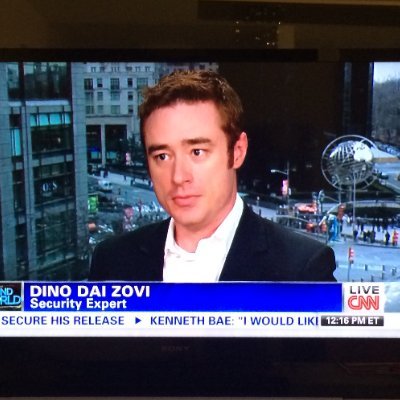 Dino A. Dai Zovi
Dino A. Dai Zovi
@dinodaizovi -
 Dan Guido
Dan Guido
@dguido -
 Dave Aitel
Dave Aitel
@daveaitel -
 Rolf Rolles
Rolf Rolles
@RolfRolles -
 HD Moore
HD Moore
@hdmoore -
 Julien Vanegue
Julien Vanegue
@jvanegue -
 mdowd
mdowd
@mdowd -
 Stephen Fewer
Stephen Fewer
@stephenfewer -
 `Ivan
`Ivan
@Ivanlef0u -
 Richard Johnson
Richard Johnson
@richinseattle -
 FX of Phenoelit
FX of Phenoelit
@41414141 -
 Kostya Kortchinsky
Kostya Kortchinsky
@crypt0ad -
 ∫КჄ⎩∣⋂ᕮᗤ
∫КჄ⎩∣⋂ᕮᗤ
@berendjanwever
Something went wrong.
Something went wrong.





